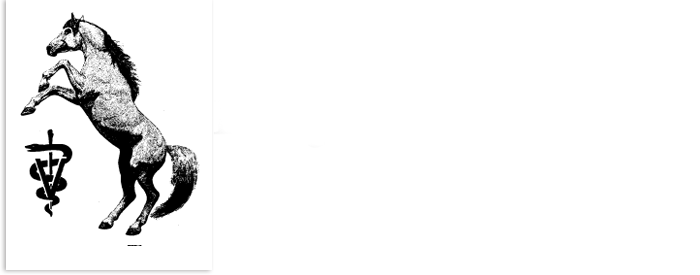New Information about the Snotty Nose – Respiratory Infections in Horses
New Subsidized Diagnostics and Veterinary Treatment Now available for Respiratory Infections
A snotty nose, a cough, a fever and poor appetite all signs that your horse is developing a respiratory infection. It can derail your pleasure riding, training and competition, or travel plans with your horse. Vaccinating regularly for common respiratory infections, Influenza, Rhinopneumontis, and Strangles is the best way to prevent your horse from coming down with one of these infections.
If your horse does become sick, the combination of a company subsidized respiratory disease testing and subsidized veterinary care now make diagnosis and treatment even better.
Prior to a stressful event such as a tough competition environment or a long transportation, you can add even more protection beyond vaccines by boosting your horse’s immune system with an immune boosting medication.
Diagnosis
Respiratory disease symptoms often jump from horse to horse and can hijack a whole barn over the course of a few weeks or months. While treating each horse is usually successful the answer to the question, “What is causing this?” is usually elusive.
Now there is the potential to find the answer to that question thanks to one of the major animal health companies, Zoetis. They will pay the cost of the tests, about $180. You only pay $25 for overnight shipping of the samples.
If your animal has a respiratory infection, I can now swab his or her nose and draw some blood.
The samples are sent to the Equine Infectious Disease Research Laboratory at UC-Davis, Zoetis will pay for a screen that detects the DNA of several equine respiratory diseases.
Equine Influenza
EHV-1 (Rhinopneumonitis)
EHV-4 (also Rhinopneumontis)
Strep Equi (Strangles)
Equine Rhinitis A and B
Zoetis May Pay Your Vet Bill
Equally important, if your animal has been vaccinated by me as your veterinarian, under the Zoetis Equine Immunization Support Guarantee with a Zoetis vaccine for Equine Influenza and comes down with the disease, Zoetis will pay for veterinary care up to $5000 to treat the disease. The program does not cover Rhinopneumonitis (EHV-1 and EHV-4) or Strangles. The Support Guarantee also covers veterinary cost for other diseases: West Nile, Tetanus, as well as Eastern, Western and Venezuelan Equine Encephalitis so long as your horse is vaccinate with the Zoetis vaccine by your veterinarian.
What diseases typically cause Respiratory Infections?
Information about what is causing the respiratory diseases is illuminating. From the work at the Equine Infectious Disease Research Laboratory, Dr. Pusterla and colleagues publish a report on 761 respiratory disease cases from all over the USA over a 2 year period. They were able to detect disease in 201 cases (26%). Of these positive cases their results showed:
EHV-4 (Rhinopneumonitis) 84 positives
Equine Influenza 60 positives
Strangles 49 cases
EHV-1 (also Rhinopnumonitis) 23 cases
There were 15 horses with double infections and one horse with a triple infection.
So Rhino was the chief culprit but Strangles and Influenza were certainly represented.
The 560 cases did not tested positive any of the four diseases. This can be confusing. There are several possibilities. Among them is that the horse has some other disease the testing did not detect, such as Equine Rhinitis which has since been added to the screen. Another possibility is that the horse has one of the diseases but testing was unable to pick it up. Experience has shown that the closer you test to the beginning of symptoms, the more likely you are to get a positive result. So to increase your chances identifying what disease is affecting your horse, calling me quickly after the onset of symptoms increases the likelihood of finding an answer.
Reducing Risk at Stressful Events and Long Transport
Another way to reduce risk of developing viral and bacterial respiratory infections beyond vaccines during transport and/or at a stressful event such as a big show is by using ZYLEXIS to boost your horse’s immune system. ZYLEXIS is inactivated (killed) Parapox Ovis Virus Immunomodulator that has demonstrated efficacy and safety in stimulating the horse’s immune response. It has been shown to reduce the incidence of equine upper respiratory disease associated with EHV-1 and/or EHV-4 infections (Rhinopneumonitis aka Equine Herpes Virus). The boost in immunity is helpful but short lived. Intramuscular injections are given on day 0,2 and 9, then every 7 days after that if you are participating in multiple weeks such as at a long horse show series.

